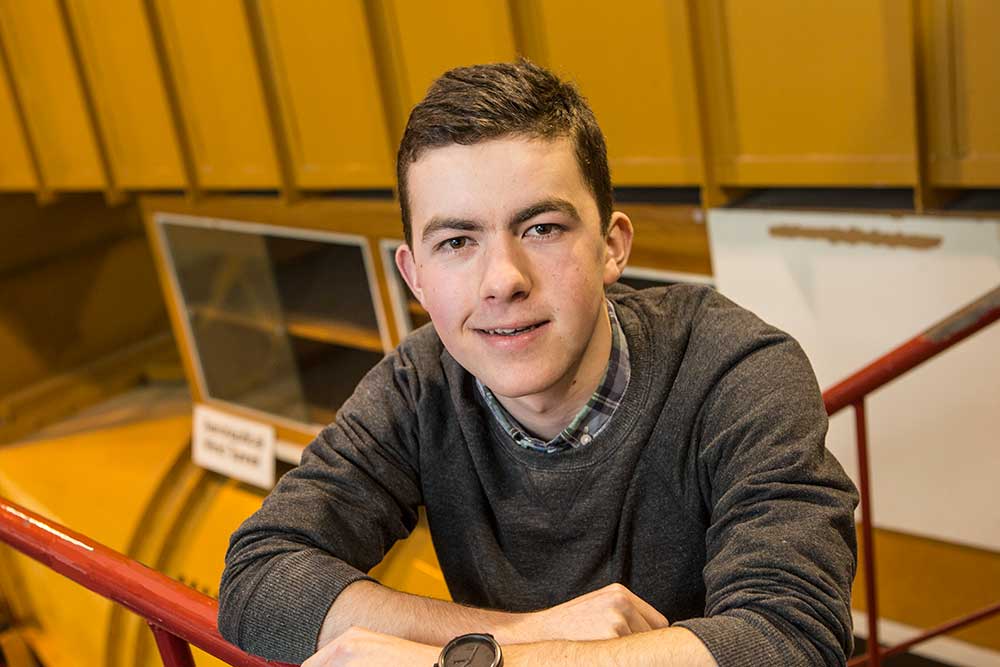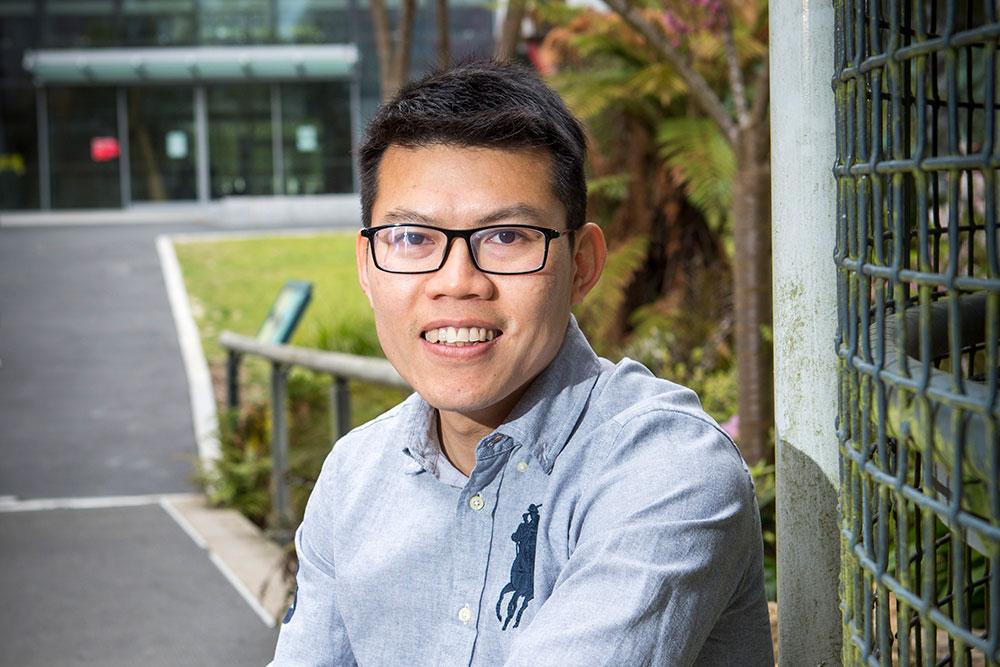Electrical and electronic engineering involves the generation, storage and use of electricity, and also the transmission and transformation of information using computers and communication networks. Electrical and electronic engineers create and design new electrical, electronic and computer products, and also analyse, manage and redesign existing systems.
Electrical and electronic engineers have played a major role in the development of technological advances such as personal computing, electric heating and lighting, nationwide electrical power, mobile phones, digital television, fly-by-wire aircraft, medical imaging systems, hybrid cars, and robotic space exploration.










